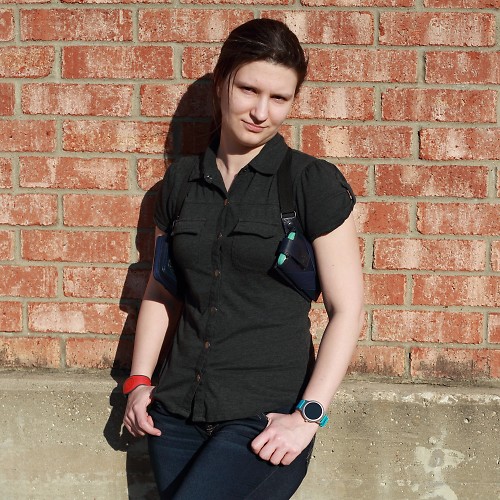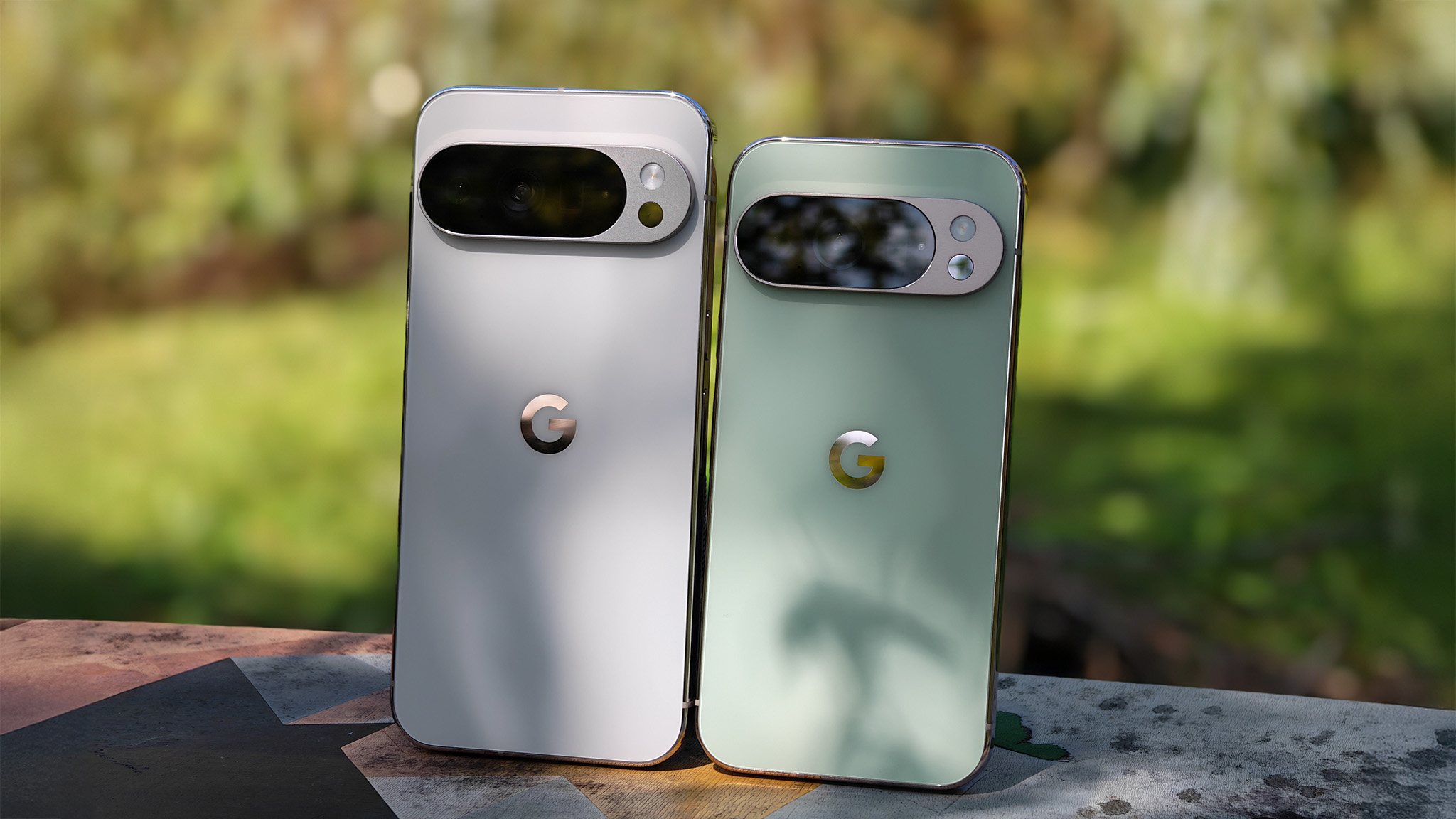Trade-in programs are the best way for the new Wear platform to succeed
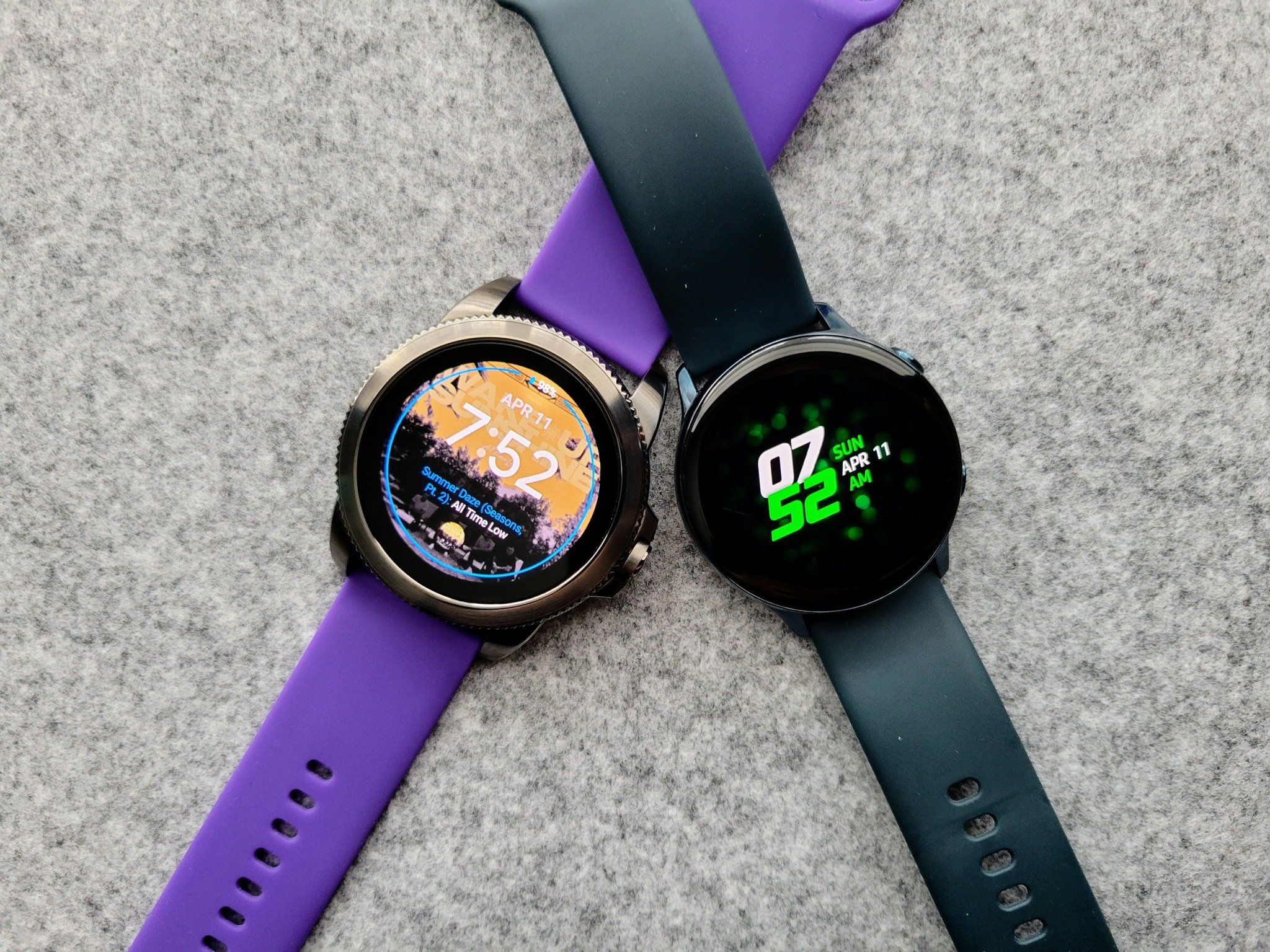
A few days ago, Samsung gave us its first look at the new Wear platform during MWC, and despite it being one of the most anticipated events from this year's conference, we didn't actually see much of anything new during this teaser for next month's Unpacked event. It was confirmed that the Galaxy Watch 4 will be the first watch with the new unified platform, and we learned that Samsung's skin for the new platform will be called One UI Watch, which makes sense given that Samsung is trying to make it look and feel more like your Galaxy phone.
However, when it came to seeing how the new platform would actually look and behave, we saw two gifs more than we saw at Google I/O. That's it. All the app examples were straight out of the Google I/O presentation, and the splash screen showing all the app icons and a couple of examples that looked like a shuffled version of the hero from Google I/O. We got to see what the top-level Settings menu will look like — exactly like One UI Settings on a phone — and we also saw the automatic app installation and maybe an Apple-esque bubble-tiled app drawer.
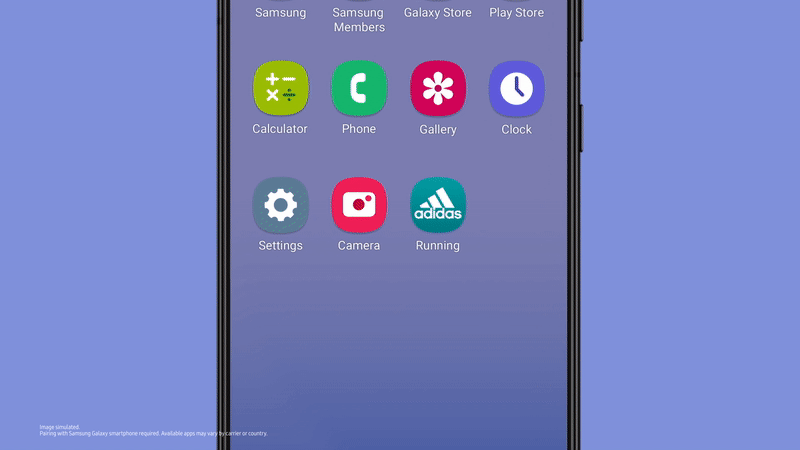
Are notifications going to look the same? We still don't know. How are Google Pay and Samsung Pay being handled this time? No se. We keep hearing that there's a new system for watch faces. Does that mean current watch faces won't work properly on the new system? Je sais pas. Hopefully, we get those answers in a month.
Either way, I still know I'll be buying the Galaxy Watch (Active) 4 the instant it's available. And I'm not the only one, I'm sure.
Even with all the uncertainty about what these new watches will look like or act like, it's undeniable that whatever comes will be a major improvement over the current best Android smartwatches on both Tizen and Wear OS. I like the Fossil Gen 5e that I reviewed earlier this year. However, I still wear my two-year-old Galaxy Watch Active most days because it's just more comfortable on my wrist, especially during sweaty days at Walt Disney World or at night while I toss and turn with medication-induced insomnia.
I can't really respond to notifications on my wrist because Bixby voice is slow and not as accurate, nor can I use any Google apps like Google Keep for grocery lists or Google Pay (so that I can put my Annual Pass on my wrist), but the feel of the Watch Active and the small size are just unbeatable. I cannot wait to see a Galaxy Watch that's this small but can use Assistant, Google Play apps, and Fitbit.
For anyone who bought the Fossil Gen 5e in the last year — or really any Wear OS watch in the last year — shelling out for a new watch after spending $150 to $300 so recently stings. I don't blame them. I'd be pissed, too. Samsung, Fossil, and Mobvoi kept pushing out new watches, knowing that a new platform was debuting at Google I/O and arriving on watches this fall. So if you bought a Wear OS watch in the last year, you wasted your money. That's the long and short of it.
Get the latest news from Android Central, your trusted companion in the world of Android
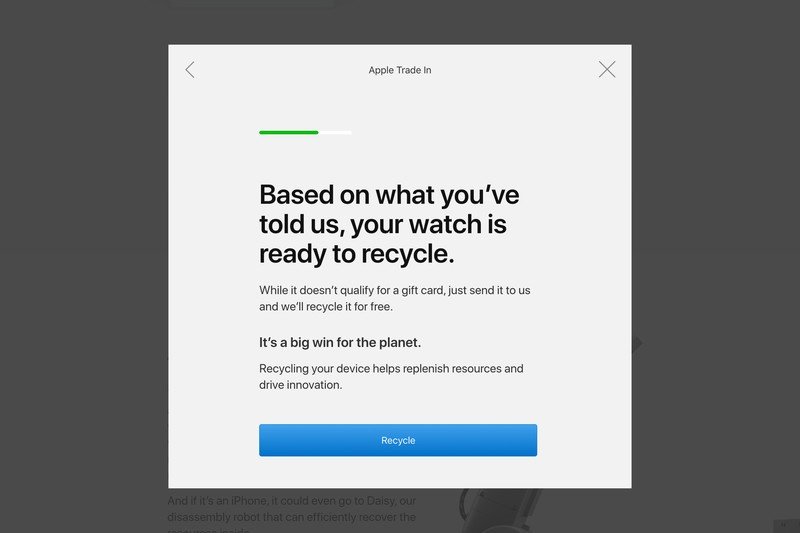
Ideally, you'd be able to recoup some of those costs by trading in your old watch when you go to buy the Galaxy Watch 4, Pixel Watch, or whatever new Wear platform watch you seek out this fall. But, unfortunately, the problem here is that while it's easy to trade-in phones, barely any trade-in programs take smartwatches.
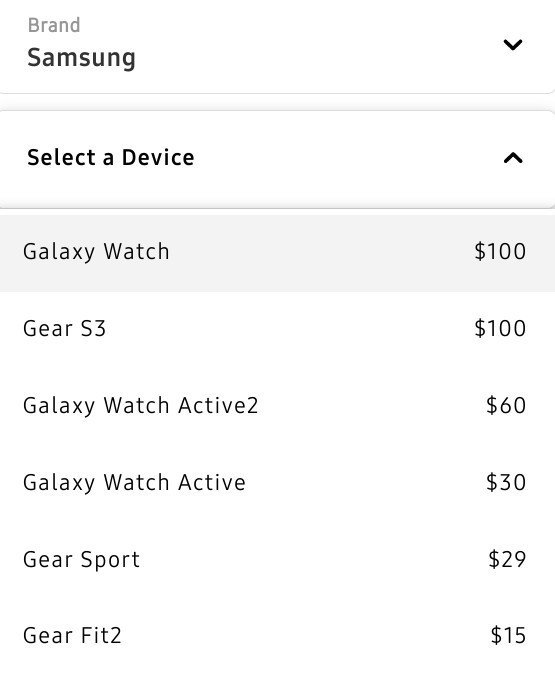
Apple's trade-in program won't accept non-Apple smartwatches for anything but free recycling. Samsung's trade-in program only accepts Apple Watches and Samsung watches — and the trade-in values for its own watches are almost insulting. $100 for a Galaxy Watch 3? Really, guys?!
But at least Samsung has something; Google, Fossil, and Mobvoi don't have trade-in programs for watches at all, though Fossil has had some limited-time events in the past where you could trade-in and trade up. Even on Amazon, the best you can do is sign up as a reseller to sell your old watch used, and good luck getting someone to buy a used smartwatch on the old platform once the new Wear is available this fall.
Having robust trade-in deals would be a boon to everyone involved. Trade-ins could drive higher sales numbers for manufacturers, just as the ridiculously high trade-in promotion for the Galaxy S21 spurred many to upgrade this spring. Higher sales numbers and faster adoption rates would help Google in two ways as the co-manager of the new Wear platform: firstly, faster adoption rates and a larger initial pool of users would allow Google to collect more feedback and refine the new system early on before things get too entrenched, and a newer, larger pool of Wear users could help drive developers to create or re-formulate their apps for Wear.
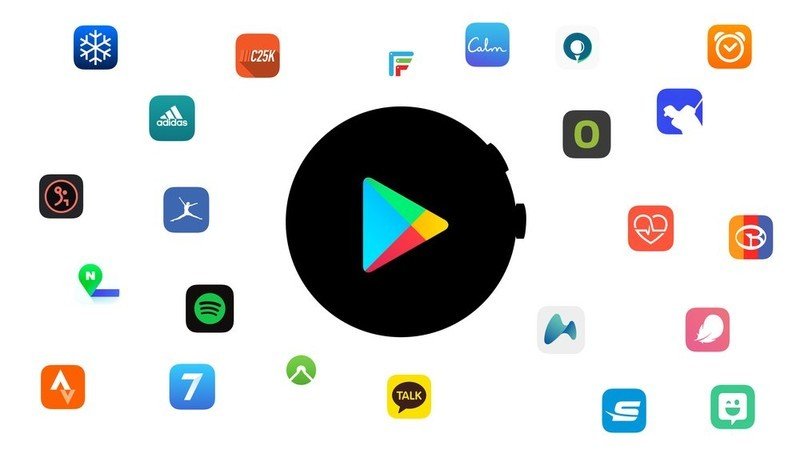
Google's already worked with some of the larger Wear apps to improve their experience on the new platform, but the variety of Wear apps on Google Play isn't as robust as users or Google would like. Developers go where their users are, so if enough people are buying these new smartwatches, it might spur developers to put in the effort of making (or remaking) watch apps. Since automatic app installation will be a feature on the new Wear platform (again), it'll make it easy to tell which of your apps will and won't work on your wrist.
Best of all, having robust trade-in programs will incentivize current watch owners to upgrade while giving them some money back as a credit toward the new watch. This will help quiet down the outrage over current watches not getting the new platform while at the same time boosting the public and social presence of the new Wear system after what has been a summer full of confusion and unanswered questions.
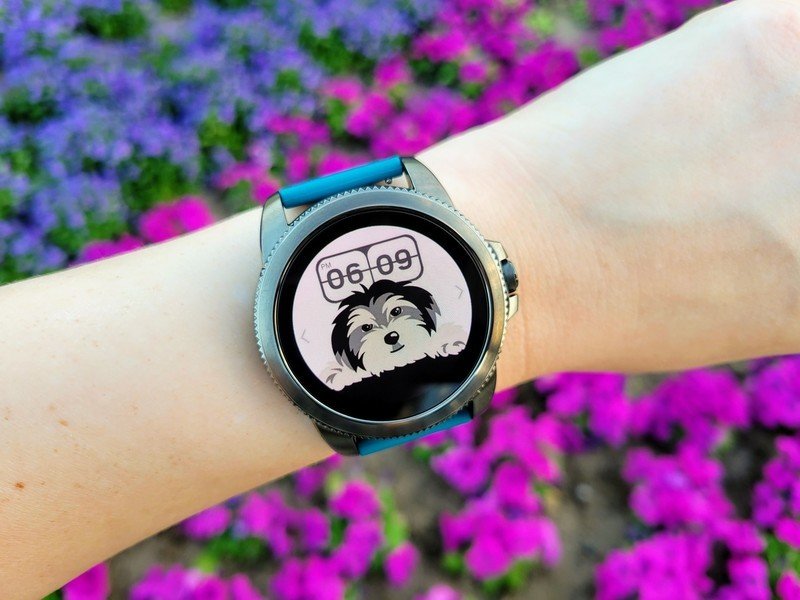
While it's probably too much to hope that you can trade-in your current/old Wear OS watch for 30 to 50% off a new watch, improving trade-in programs to get old watches recycled and new watches out in the world seems like a no-brainer, especially given Wear OS's history and the uncertainty surrounding the new platform's performance and longevity.
Other notes on this Independence Day:
- I wrote our new Best cheap Windows laptops guide this week, and while there's going to be some shakeups there this fall as Windows 11 laptops start arriving, the current selections will serve you or your kids well as we inch closer and closer to back-to-school season, Under $350, Chromebooks are still your best bet by far, but cheap Windows laptops are competing better in the $400 to $600 range.
- Hurricane Elsa is coming to Walt Disney World next week. Oh, joy ... Well, if you don't have your kit together for storms, now is the time to check out our Surviving severe weather with Android guide and ensure that you have all the documents you need backed up and the right apps installed to monitor flooding, warnings, and wind.
- Xperia 1 III preorders are up, and at $1,300, they should've included the WF-1000XM4 AND earbuds, not the older XM3.
- Holy crap, AT&T actually did the right thing for once! It's a miracle! Now, give 5G to people not on unlimited plans, you cowards.
- COVID vaccination cards in Google Pay sounds amazing. It's a shame that half the states won't use it because they don't believe in vaccine passports. (Glares with disdain at the Florida legislature.)
Please enjoy your holiday weekend responsibly, leave the pyrotechnics to the professionals (especially in the tinderbox western states), and stay safe, everyone! I'm off to the Magic Kingdom for fireworks and Key Lime Dole Whip (and wearing my mask as much as possible to avoid Delta Variant).
— Ara
Ara Wagoner was a staff writer at Android Central. She themes phones and pokes YouTube Music with a stick. When she's not writing about cases, Chromebooks, or customization, she's wandering around Walt Disney World. If you see her without headphones, RUN. You can follow her on Twitter at @arawagco.
